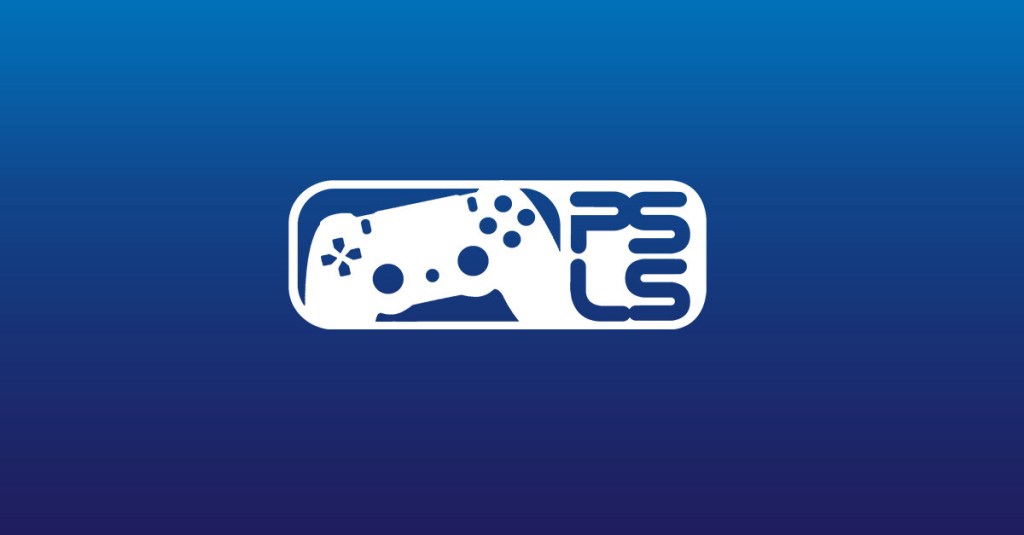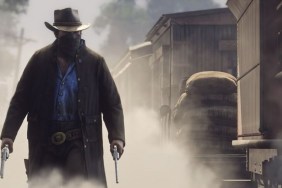
PlayStation LifeStyle recently caught up with independent developer, Kevin Ng. Kevin has worked with well known developers including the likes of Rockstar, Shareware, Warthog Games Ltd. and Electronic Arts. Kevin has had a hand in developing each installment of the Skate franchise, and also had a part in Rockstar’s Bully, Starlancer, to just name a few.
PlayStation LifeStyle: Are there any plans to port WordCrasher to PSP Minis?
Kevin Ng: Unfortunately, I have no announcements to make right now. If it were to happen, I would probably be bringing something entirely new to make the best use of the hardware.
PlayStation LifeStyle: Will you be making new titles for the PlayStation Network or/and PSP Minis?
KN: PSP Minis are very interesting to me. Sometimes you just want to play something bite-sized for a few minutes while your waiting for the bus, and you don’t want to pay full price for that. And as a developer, with these smaller titles, you get to take more risks and produce something a bit more original than those big multi-million dollar budget titles. So I’m really glad that Sony recognized the need for this type of game, and that they needed to create a delivery system which lets you download these smaller titles quickly and easily. I do have some prototypes lurking in my dev folder which would work very well as PSP Minis, so maybe at some point I’ll be able to put something out.
PlayStation LifeStyle: How would you compare iPhone gaming to PSP gaming?
KN: There are pluses and minuses to each platform. The iPhone has a fantastic multi-touch screen, but the strength of the PSP for me will always be the physical controls. I’m not a big fan of virtual on-screen d-pads and buttons, the haptic experience is poor, and for certain kinds of game you will inevitably feel you are in less control. Sometimes I’m playing some of these games on iPhone and thinking that they would really work better on PSP. So for WordCrasher on the iPhone, I deliberately avoided these virtual buttons and designed the controls and the gameplay specifically for the touch screen. It works really well, but it probably wouldn’t translate easily to PSP. It’s important to design towards the strengths of every platform you write for.
PlayStation LifeStyle: Being an independent developer, how do you see the state of the indie games industry?
KN: Indie has really come into its own in the last few years, partly due to the blossoming of digital distribution. Some of the most interesting titles recently for me have been indie. It’s been an interesting journey for me, because I started out back in the early 90s putting out Shareware for Windows 3.1. In those days, I could do everything myself quite easily. For the last twelve years, I’ve been working at places like Rockstar Games and EA as part of huge teams. That has been fantastic, and I’m glad I was part of games like “Skate” and “Bully”. Now that opportunities like PSP Minis, iPhone and DSi are out there, things have come full circle, and the independent developer has the chance to compete with the big boys. The day when WordCrasher overtook games like Boggle and Dingbats in the iPhone charts was a huge vindication for me as an independent developer.
PlayStation LifeStyle: Do you see digital distribution as the future, or do you believe that the majority of games will still remain disc based?
KN: Digital distribution is looking like the inevitable successor to physical boxes on shelves at some point in the future, of that there is little argument. But the interesting question is when does digital distribution truly become the mainstream? There are lots of practical issues to get over before we can get to that point. Blu-Ray PS3 discs have 25GB capacity and upwards, so one of the larger obstacles for digital distribution is making the download speed acceptable for these larger titles. There are other teething problems too. If you buy a downloadable title, you can’t sell it to a friend or to a games shop to fund your next game. So for me, downloadable titles really should be cheaper than boxed games. Digital distribution is more efficient for publishers, and those cost savings should be passed down to us.
PlayStation LifeStyle: What are your thoughts on PS3 development?
KN:Having coded for all three generations of PlayStation at this point, the PS3 was not too much of a surprise. PlayStations are usually always more difficult, more esoteric platforms to develop for, because Sony likes to use lots of custom hardware. However, the payoff for coding in the right way for PlayStation is a great amount of horsepower. The Gran Turismo series is a really good example what the PlayStation consoles can do when pushed to their limits. It is far easier to make the best use of PlayStation 3 technology if you are writing a game solely for that platform.
PlayStation LifeStyle: Can you explain the main differences you found between developing for the PS3 and the Xbox 360?
KN: In simplified terms, the Xbox 360 can be thought of as a multi-core PC. So for many developers, especially Western developers, developing for 360 is a familiar experience. PlayStation 3 feels like its own machine in its own right. Although there are multiple processors, these processors are less general purpose than those in the Xbox 360. And these multiple processors do not have access to the entire RAM in the PS3, but can only look at smaller “windows” of data. So much of the difficulty of working with PS3 is making sure that these multiple specialized processors are used to their maximum. This can mean structuring large parts of the game in different ways to the Xbox 360. But if you achieve this correctly, the PS3 hardware can really sing.
PlayStation LifeStyle: You worked for Rockstar, any thoughts on the recent scandal rumors?
KN: You know, it was kind of funny reading the “Eye of Sauron” leak from the San Diego office, because I heard exactly the same term at the Vancouver office too. And it’s very descriptive, and it’s probably true. But what you can’t underestimate about Rockstar is their sheer passion all the way to the top. They want the best game, the best experience for their fans, and they’re willing to spend the time and money to get there. If you’re going to work at Rockstar Games, be prepared to put in 110%, because you can be sure the people at the top are doing just the same. It’s going to be hard work, but it’s going to be worth it.








